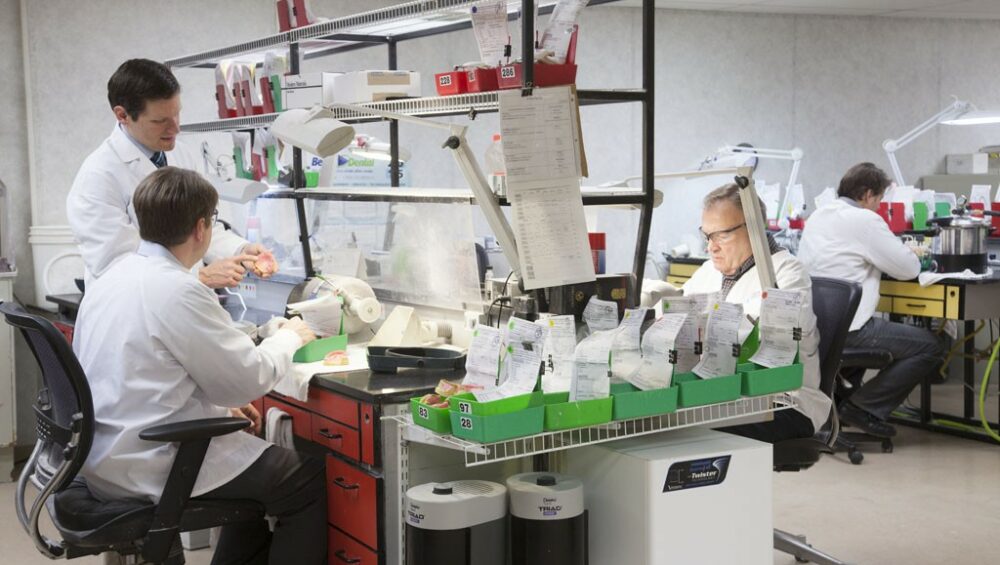While I cannot provide a list specific to this year as my training data only goes up until September 2021, I can still mention 10 notable innovations in geriatric care that have emerged recently:
1. Telemedicine and remote healthcare: Virtual consultations and remote monitoring have become more prevalent, allowing healthcare professionals to check on elderly patients without in-person visits.
2. Wearable devices and health trackers: Smartwatches, fitness bands, and other wearable devices can help monitor vital signs, activity levels, and sleep patterns, providing valuable health data for geriatric care.
3. Fall detection and prevention technologies: Advanced sensors and alert systems can detect falls and notify caregivers, enabling faster response times and potentially reducing the risk of injuries.
4. Medication management tools: Automated pill dispensers, reminder apps, and smart medication packaging systems help older adults adhere to medication schedules and avoid errors in dosage.
5. Robotic-assisted care: Robots are being developed to assist with various tasks, such as lifting patients, providing companionship, and carrying out simple household chores to reduce the burden on caregivers.
6. Cognitive training and brain health: Digital platforms and apps designed for brain training and cognitive exercises can help seniors maintain mental acuity and delay cognitive decline.
7. Social engagement technologies: Virtual reality (VR) and augmented reality (AR) platforms are being used to enhance social interactions and combat feelings of loneliness and isolation among older adults.
8. Smart home technologies: Intelligent home systems equipped with sensors, voice assistants, and automated lighting or temperature controls can improve safety, comfort, and independence for aging individuals.
9. Robust electronic health records (EHR) systems: Comprehensive and secure EHRs enable easier communication and care coordination between different healthcare providers, ensuring accurate and up-to-date information for geriatric patient care.
10. Advanced mobility aids and assistive devices: Innovations in mobility-enhancing technologies, such as exoskeletons, improved wheelchairs, and gait training systems, help older adults maintain mobility and independence for longer periods.
It is important to note that innovation in geriatric care is an ongoing process, and many new advancements are constantly emerging.




